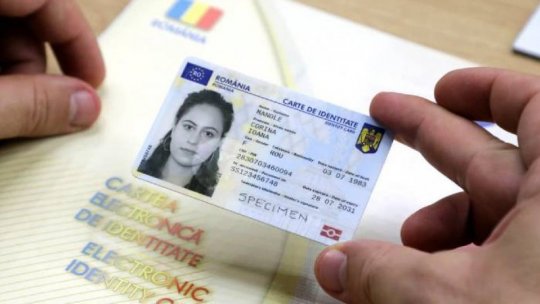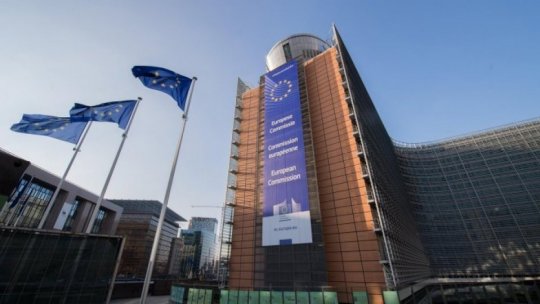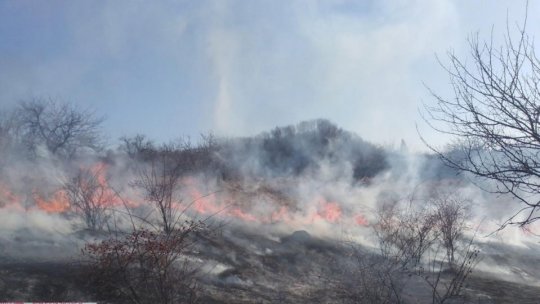Supreme Defence Council Decisions
The region’s security and Romania’s ability to cope with security challenges were the main topics discussed on Tuesday at a meeting of the Supreme Defence Council.

Articol de Radio România Internaţional, 05 Martie 2015, 08:34
The region’s security and Romania’s ability to cope with security challenges were the main topics discussed on Tuesday at a meeting of the Supreme Defence Council, the first since president Klaus Iohannis took office in December.
The Council looked mainly at the conflict in the neighbouring Ukraine and its consequences for the region and reiterated Romania’s commitments as part of its strategic partnerships.
The progress made by the states in the Western Balkans with regard to their European Union aspirations was also noted.
One conclusion was that this region should be included in a general strategy on South-Eastern Europe that would strengthen Romania’s strategic role in the area.
The Supreme Defence Council also agreed that the increase in the defence budget to reach 2% of the GDP by 2017 would give a new boost to some major programmes on the equipping of the army and provide a clear opportunity for the defence industry.
Another decision taken by the Council refers to the participation of four F16 planes and 150 army troops and civilian staff from the Portuguese army in NATO air-policing missions carried out in Romania in May and June.
In another development, the FBI director James Comey travelled to Bucharest to discuss the collaboration between the Romanian Intelligence Service and the FBI, whose main priorities are the fight against corruption and cyber security.
The existing partnership between the two institutions has resulted in recent years in training exchanges for experts, as well as joint operations.
The director of the Romanian Intelligence Service Eduard Hellvig said the consolidation of the rule of law was all the more important given the crises in the region.
He added that it was equally important to combat activities that weaken the state from the inside, corruption in particular.
“The cyber space is becoming more and more important as far as security is concerned, whether it’s online crime, cyber terrorism or cyber espionage. To be able to cope with the fast progress of communications technologies we will have to make sure we have the human, technological and last but not least, legal resources needed to carry out our mission”, Eduard Hellvig said.
The fight against the existing threats can no longer be conducted solely from within a given country, but has to take on an international dimension, FBI head James Comey said.
He said the FBI is making efforts alongside its Romanian colleagues to identify and indict the known cyber criminals, guilty of hoaxing thousands of people all around the world.
An important aspect of the cooperation between the FBI and the Romanian Intelligence Service according to Comey is the constant exchange of useful information on counterespionage, combating corruption and transnational organised crime.
Since 2013, the FBI has been providing Romanian officers with training on crisis management, law enforcement, the diffusion of improvised explosive devices and the prevention of illegal traffic of nuclear and radioactive materials.









